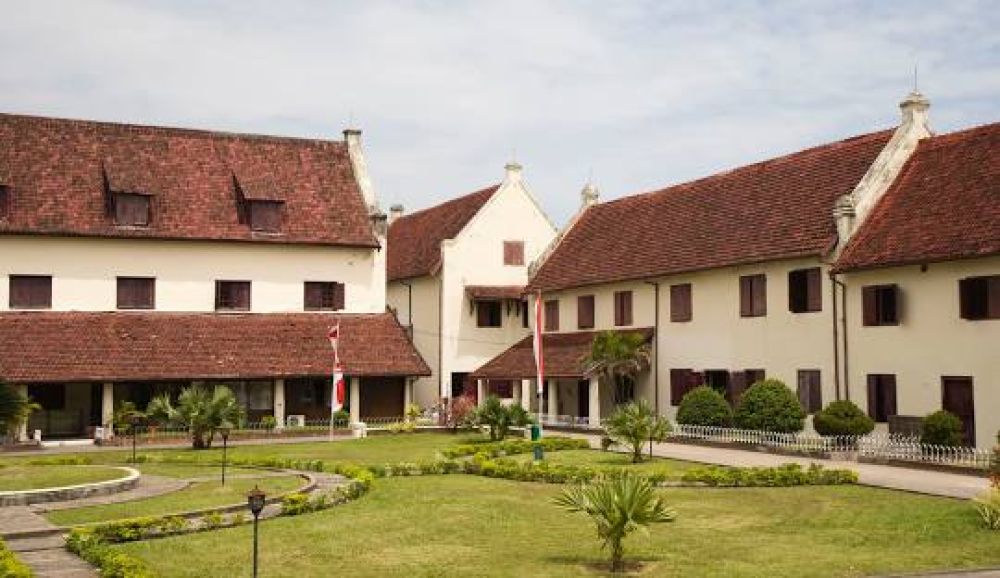

Makassar, located on the southwestern coast of Sulawesi, Indonesia, is home to one of the most remarkable historical sites in the country named Fort Rotterdam. With its rich past and cultural significance, Fort Rotterdam has become a center for historical tourism in Indonesia.
The history of Fort Rotterdam dates back to the 16th century. Originally named Fort Ujung Pandang, the fortress was a key trading port and a center of power in the region. The Gowa Sultanate originally constructed it, but it gained its more famous identity when the Dutch colonists renovated and expanded the fort in 1677 after their conquest of Makassar. They renamed it Fort Rotterdam after the birthplace of Admiral Cornelis Speelman, one of the key figures in its capture.
Fort Rotterdam served as a stronghold for the Dutch East India Company, also known as VOC. Its strategic location made it a crucial node for spice trade control in the East Indies. Over time, it eventually transformed into a center for education and governance.
Tourism at Fort Rotterdam began to flourish significantly after Indonesia gained independence in 1945. As the nation started to recognize the importance of its historical and cultural heritage, Fort Rotterdam emerged as a must-visit destination. Efforts were made to preserve its archaic structures, ramparts, and the surrounding colonial buildings, turning the site into an educational and cultural precinct.
In the 1970s and 1980s, as Indonesia developed its tourism industry, Fort Rotterdam stood out as an important emblem of the nation's colonial past. Travelers from around the world came to explore its historical layers, learn about the colonial influence in Southeast Asia, and enjoy the panoramic views of the Makassar Strait.
In recent years, Fort Rotterdam has been riding the wave of experiential and heritage tourism. Visitors are not just interested in sightseeing but also in engaging with the historical narrative. Interactive tours, cultural performances, and historical reenactments are becoming popular activities that bring the fort's storied past to life for tourists.
Sustainable tourism practices have also been encouraged in the area, with a focus on preserving the fort's integrity while also educating visitors about the importance of conservation. Fort Rotterdam now features a museum dedicated to the Bugis people and their maritime heritage, offering insights into the local cultural history alongside its colonial significance.
A key trend in the tourism of Fort Rotterdam is the increased use of digital platforms and social media to attract visitors. Through online engagement and virtual tours, the fort's management has been able to reach a broader audience, showcasing the beauty and historical importance of the site even to those who cannot visit in person.
As a historical landmark of Indonesia, Fort Rotterdam continues to thrive as a must-visit destination for history buffs, culture enthusiasts, and tourists looking to delve into Indonesia's rich colonial past. With ongoing preservation efforts and an expanding range of tourist activities, its significance in the realm of tourism is set to grow even further in the years to come.